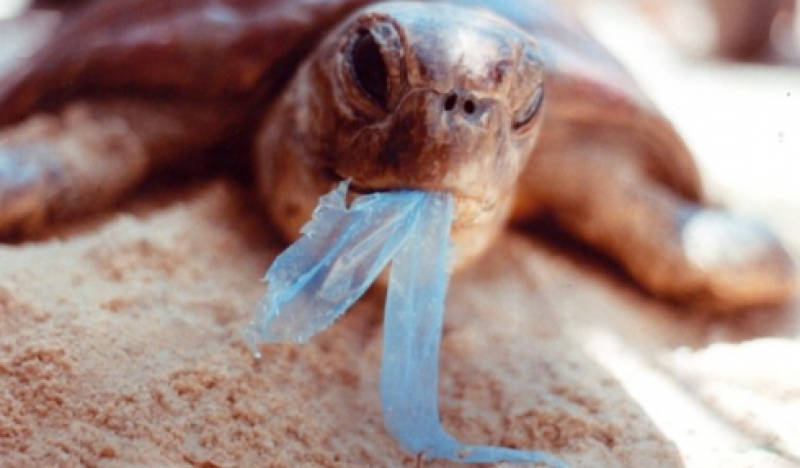

Guidelines for submitting articles to Los Alcazares Today
Hello, and thank you for choosing Los Alcazares.Today to publicise your organisation’s info or event.
Los Alcazares Today is a website set up by Murcia Today specifically for residents of the urbanisation in Southwest Murcia, providing news and information on what’s happening in the local area, which is the largest English-speaking expat area in the Region of Murcia.
When submitting text to be included on Los Alcazares Today, please abide by the following guidelines so we can upload your article as swiftly as possible:
Send an email to editor@spaintodayonline.com or contact@murciatoday.com
Attach the information in a Word Document or Google Doc
Include all relevant points, including:
Who is the organisation running the event?
Where is it happening?
When?
How much does it cost?
Is it necessary to book beforehand, or can people just show up on the day?
…but try not to exceed 300 words
Also attach a photo to illustrate your article, no more than 100kb

The real cost of Covid that we will be paying for hundreds of years
Protective equipment has generated thousands of tonnes of additional waste worldwide









